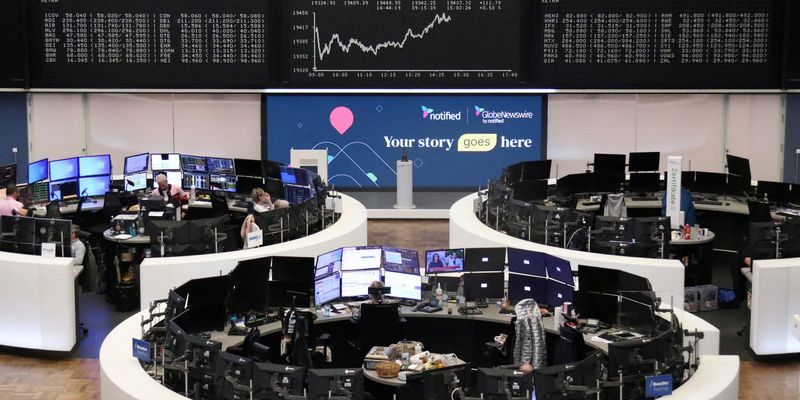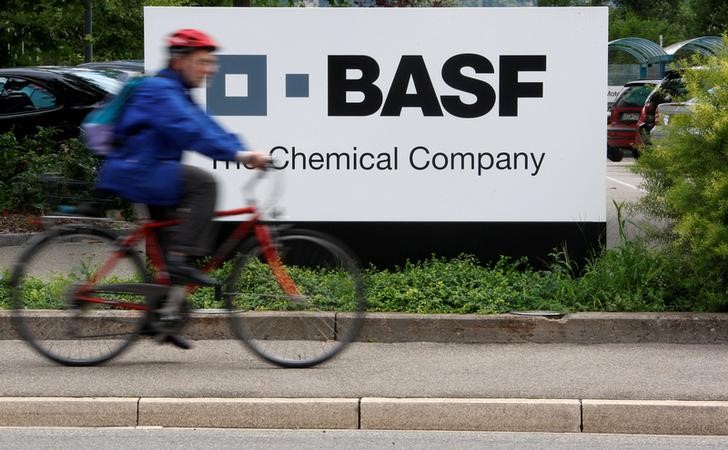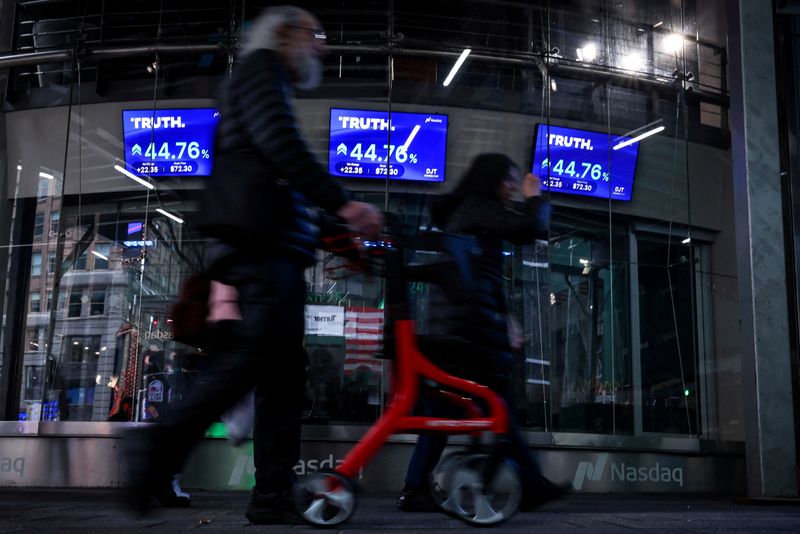
A look at the day ahead in European and global markets from Kevin Buckland
Escalating hostilities in the Middle East gripped the attention of traders and investors in Asia on Wednesday as worries lingered over the possibility of a wider war.
Crude oil continued its march higher, gold hovered close to its all-time high and bonds were bought along with the safe-haven dollar.
But some markets were willing to look past the risks, particularly in Hong Kong, where the benchmark Hang Seng stock index surged more than 4% as the market’s sugar rush from China’s stimulus announcements showed little sign of fading. The euphoria might have gained even more momentum if mainland Chinese markets hadn’t shut for the Golden Week holiday.
The risk-sensitive Australia and New Zealand dollars rebounded. Both countries have close links to the fortunes of China, a top trading partner.
European stock futures currently point to a higher open.
Iran has said its attack is over, barring further provocation, after a salvo of some 180 ballistic missiles. But Israel – fully backed by the United States – vowed a response.
There’s little to distract from Middle East developments during Europe’s day, with a dearth of macroeconomic data or scheduled corporate announcements.
The course of British ties with the European Union could be steered, however, by UK Premier Keir Starmer’s first talks on issues such as trade and security with European Commission President Ursula von der Leyen in Brussels. Both sides have been talking about a “reset”.
There is a host of ECB speakers on the calendar for Wednesday, including Vice President Luis de Guindos and chief economist Philip Lane, although a quarter-point rate cut this month looks all but assured following a run of mild inflation readings and hints from ECB boss Christine Lagarde.
When it comes to monetary policy, the Fed is likely to garner more attention. On Friday we’ll get monthly payrolls figures, which could be make-or-break for whether U.S. policy makers opt for a 25- or 50-basis-point rate reduction next month. We’ll also get some hints from the private-sector ADP employment report later today.
In fact, the U.S. day has a lot to keep markets occupied, if the Middle East situation stabilises.
A quick end to the massive dock worker strike that is halting half of the country’s shipments looks unlikely, with no active negotiations seen overnight. The walkout, hitting everything from cars to corn, may cost some $5 billion per day.
Key developments that could influence markets on Wednesday:
-Euro zone unemployment rate (Aug)
-ECB speakers including de Guindos, Lane
-European Commission President von der Leyen talks with UK PM Starmer
-U.S. ADP employment (Sep)
(By Kevin Buckland; Editing by Edmund Klamann)












